
Exciting new series on “Voice, Body and Movement for Lawyers – How to connect with the jury and find Justice Through Dramatic Technique!”
Click here to find out more
Substance use disorders and mental health challenges can affect any attorney regardless of gender, culture, ethnicity, age, or socioeconomic status. This program, taught by seasoned attorneys Tracy Kepler and Laurie Besden, instructs attorneys on how to recognize the impaired professional, provides various resources to assist in the recovery, and identifies the possible disciplinary implications of an impaired attorneys' conduct.
Ms. Besden will share her personal journey from the darkness and depths of despair, while struggling with a substance use disorder, as a license attorney, to her path of long-term recovery, where she received a full Governor’s Pardon by Governor Wolf in 2020.
We will be discussing multiple Ethics rules, including; MRPC Rule 5.1 (a) & (b), NM RPC 16-501, MRPC Rule 8.3 (a) and (c), ABA FORMAL OPNINION 03-429 (2003), VA LEO 1886 (2016), D.C. LEO 377 (2019), and MRPC 1.1, 1.16 (a)(2).
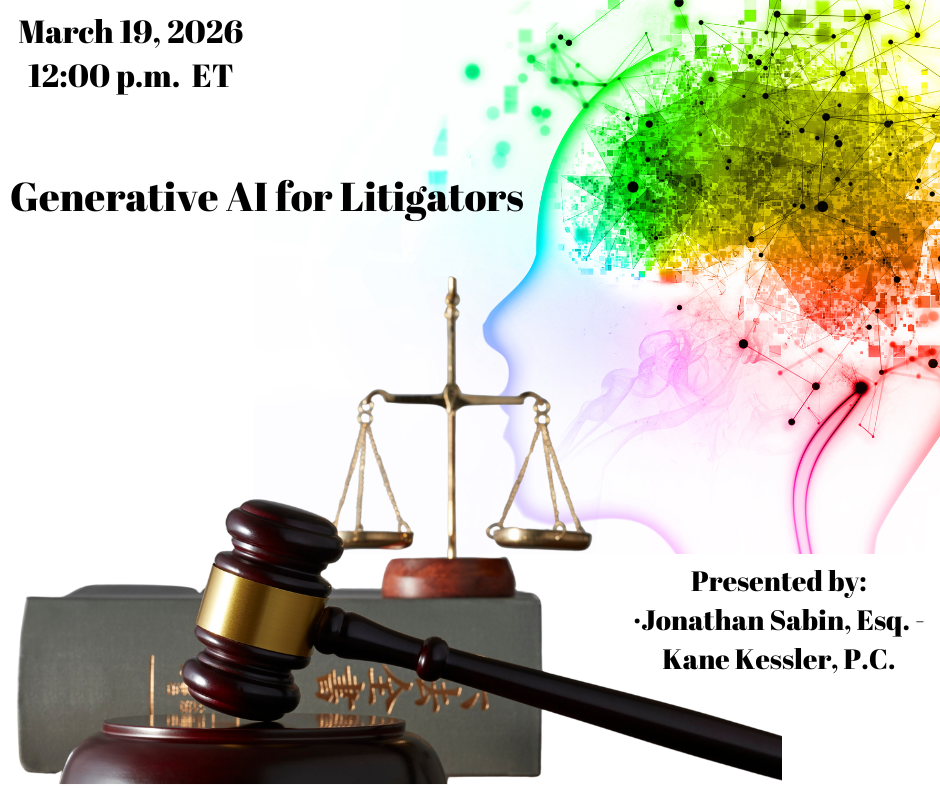
Explore the transformative potential of generative AI in modern litigation. “Generative AI for...
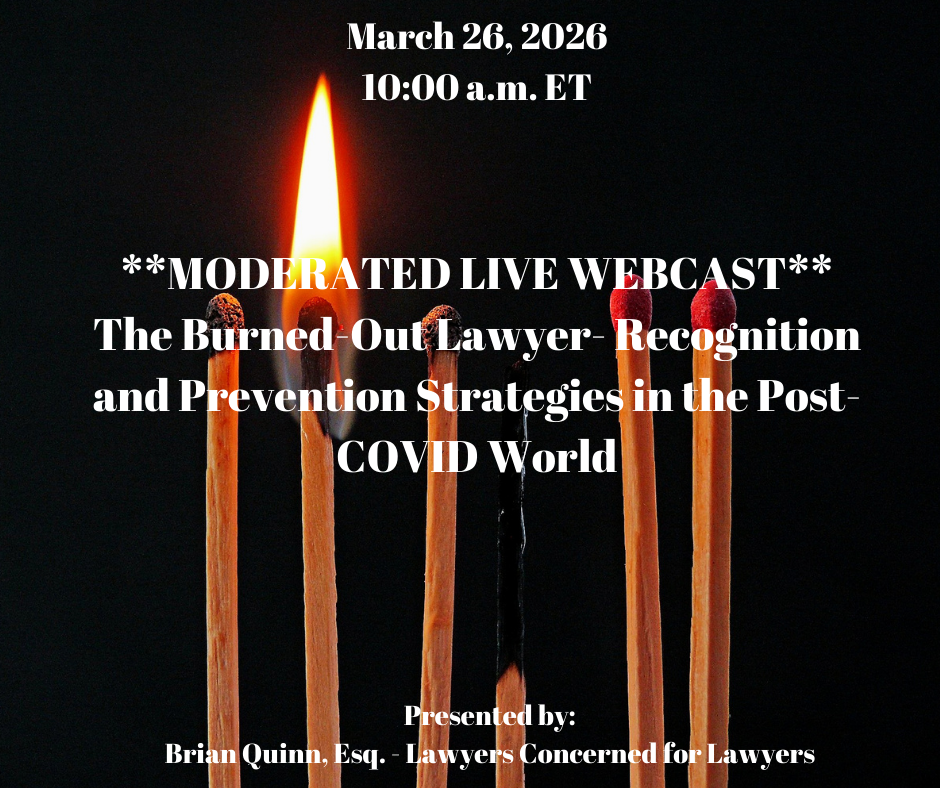
If there is one word we heard during our journey through the pandemic and continue to hear more than...
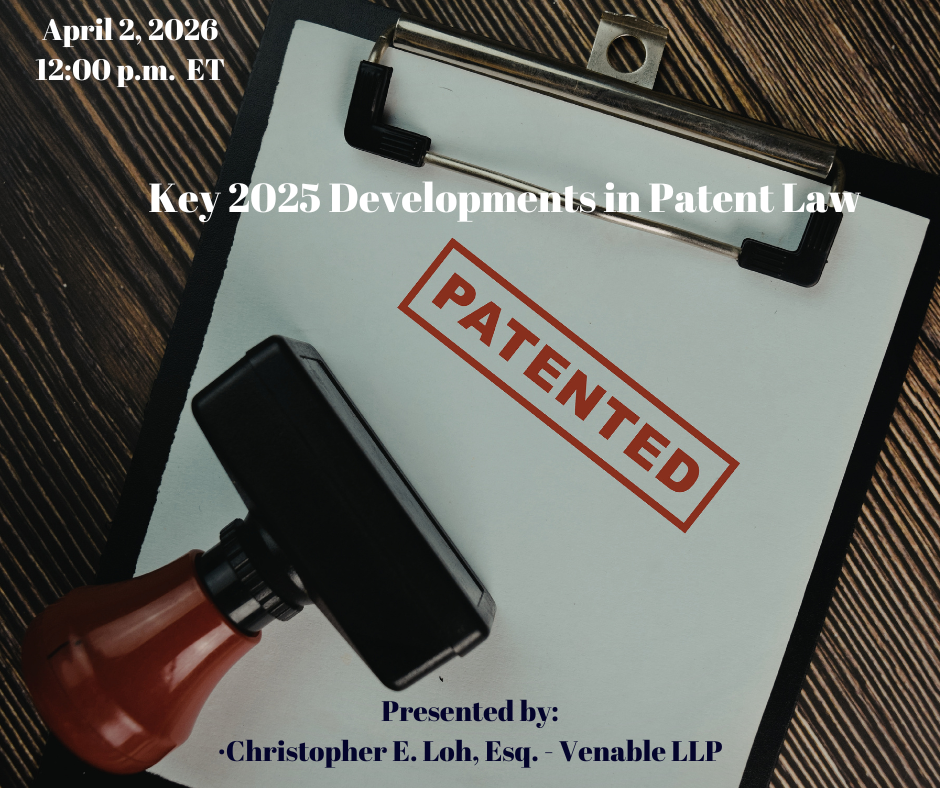
United States patent law and the United States Patent and Trademark Office’s patent-related gu...
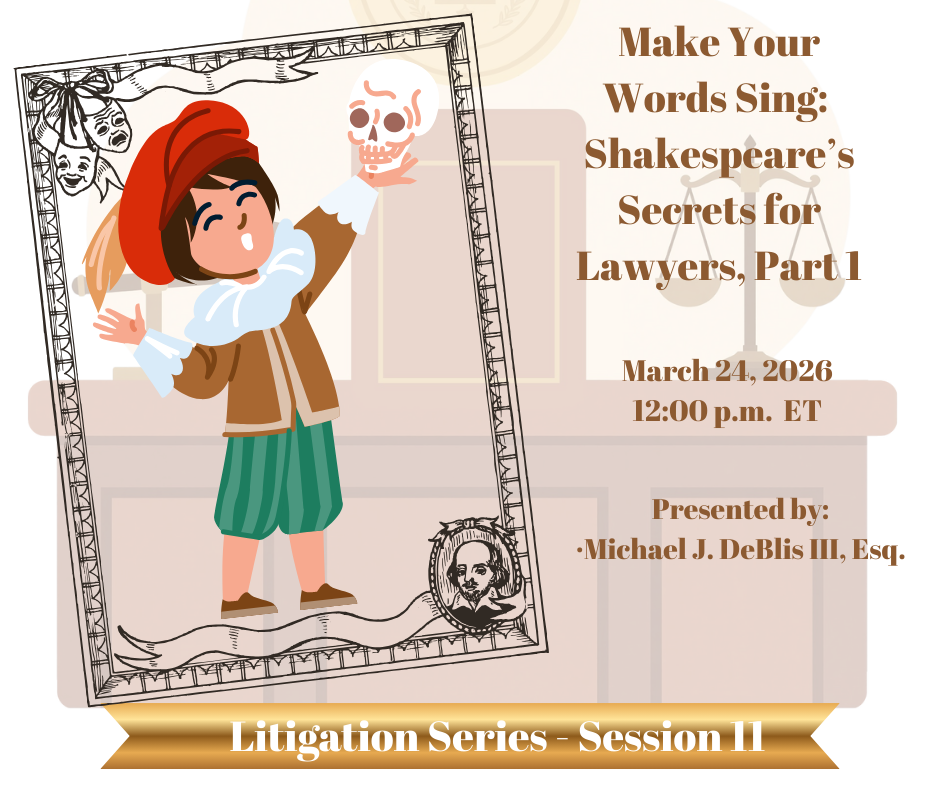
This Shakespeare?inspired program illustrates how Shakespearean technique can enrich courtroom advoc...
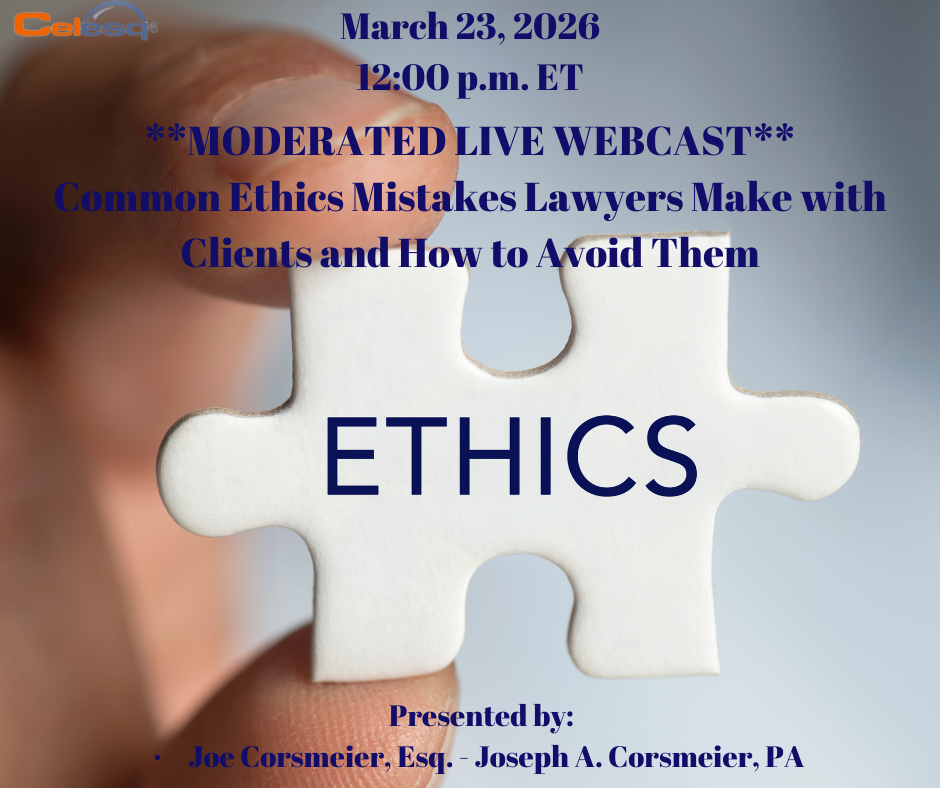
Many lawyers may not fully understand the Bar rules and ethical considerations regarding client repr...

The landscape of global finance is undergoing a seismic shift as traditional assets migrate to the b...
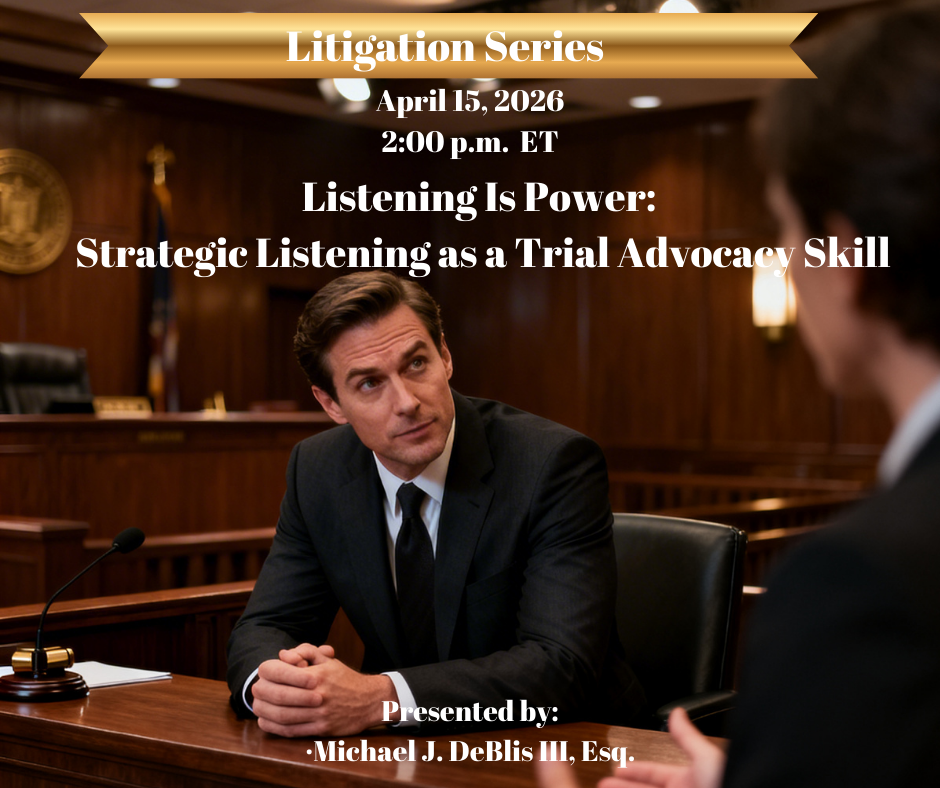
This program examines listening as an active, strategic trial advocacy skill rather than a passive c...
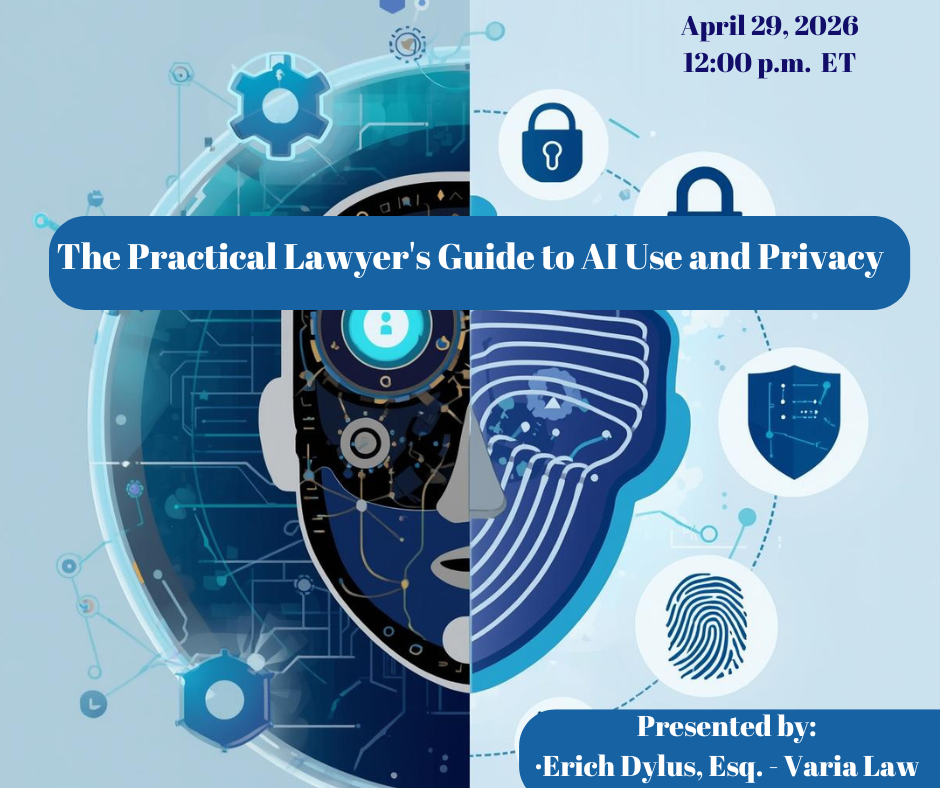
Review the basic software concepts and effective uses of generative AI, prompting strategies, and me...
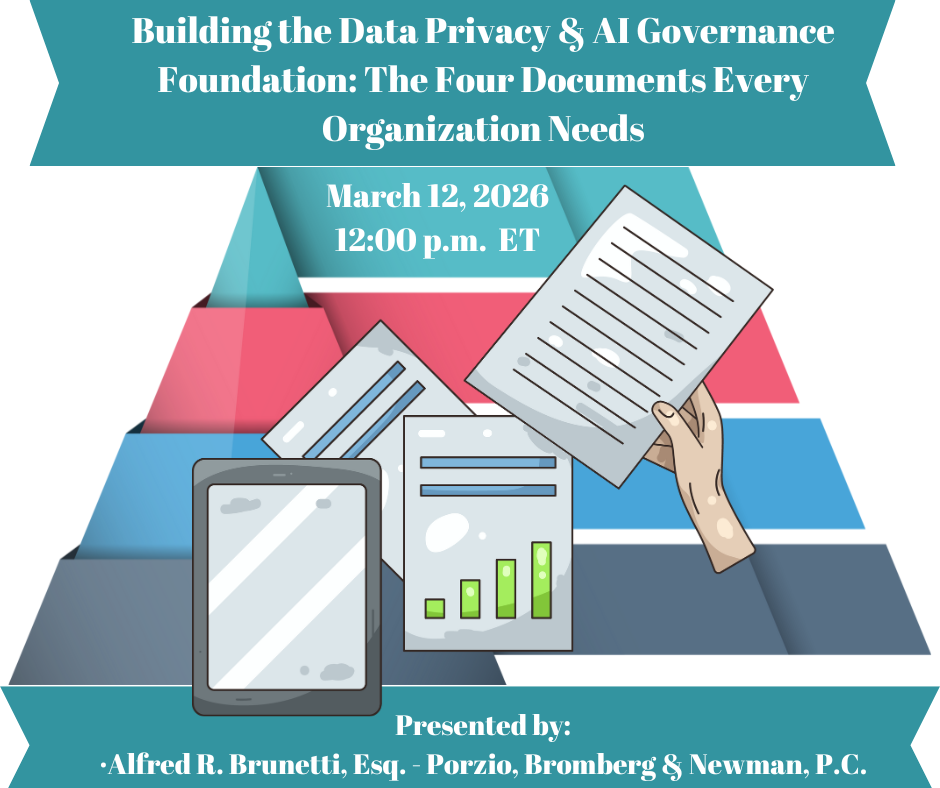
Effective data privacy and artificial intelligence governance programs do not happen by accident. Th...
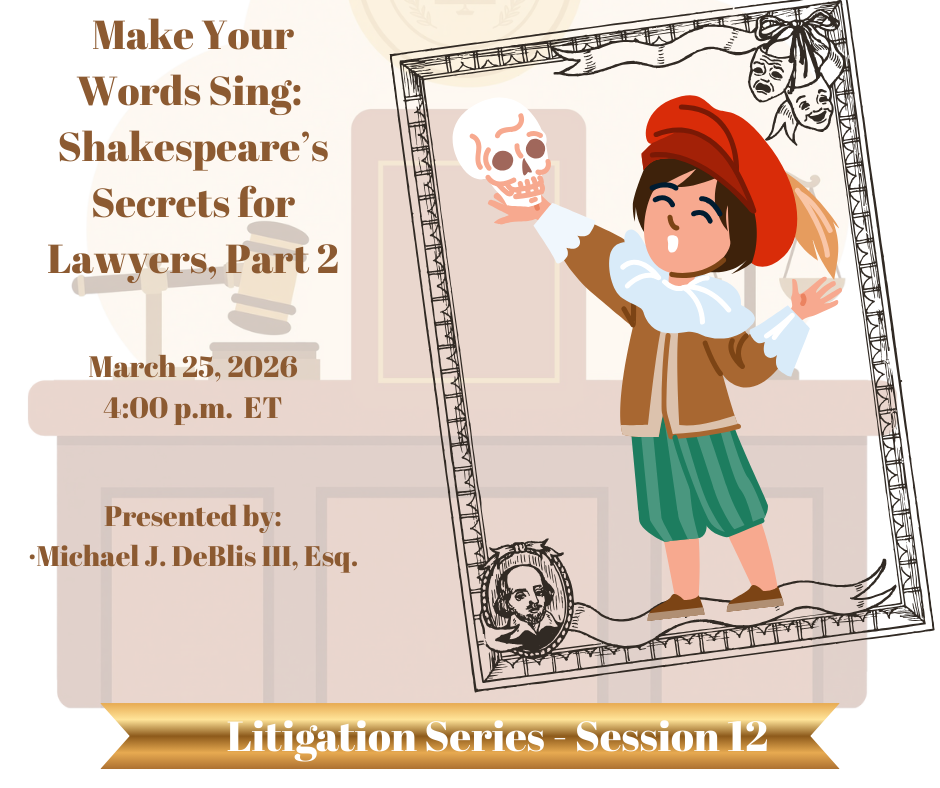
This companion program to Part 1 goes deeper into the rhetorical power of Shakespeare, emphasizing h...